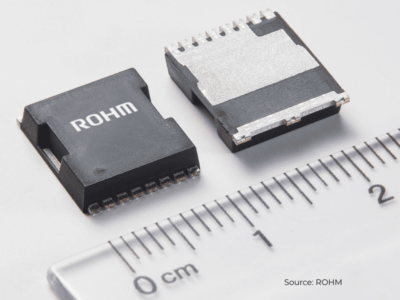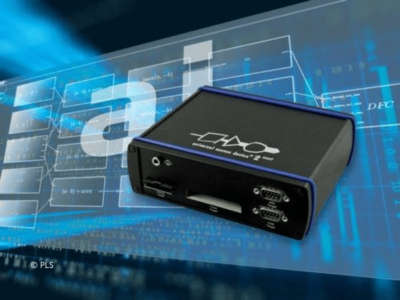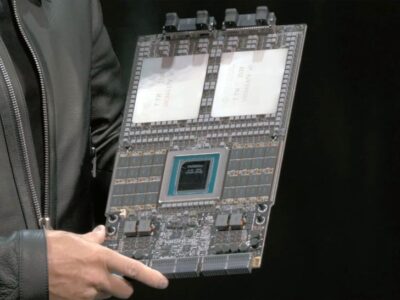
Project to build commercial photonic quantum computer demonstrator
A €10m project in Germany is aiming to build a quantum computer with several hundred qubits using photonics.
Supercooled quantum computers currently have a handful of qubits, and are looking at ways to put thousands of these on a chip. However startups such as PsiQuantum are aiming to use photonics at room temperature to build more massive quantum computer.
The QRydDemo project, led by the University of Stuttgart and part of the ‘Built in Germany’ research scheme, aims to build a photonic quantum computer with several hundred qubits in the next four years using Rydberg atoms. These are highly excited atoms where the outermost electron is extremely far away from the atomic core. This makes the atoms up to 10,000 times larger than that of an atom in ground state, but unlike an ion, the outer electron is not free but still bound to the atomic core, albeit extremely weakly. This means it reacts sensitively to external electromagnetic stimuli and interacts strongly and controllably with neighbouring Rydberg atoms. This behaviour can be used to build fast quantum logic gates, and the project wants to bring this technique to a stage where it can directly compete with other established quantum computing platforms and be offered to customers on the market.
Industrial partner Toptica Photonics is aiming to develop low-noise high-power lasers for single-atom traps to enable quantum registers with long coherence time. These also need ultra-low phase noise to perform quantum gate operations with high fidelity, and this combination is not available on the market.
“Toptica emerged about 25 years ago from academic research in quantum optics, which has now evolved into quantum technology,” said Dr. Juergen Stuhler, Vice President Quantum Technologies at Toptica. “Many of our employees have had an academic career in this field and most of our customers are involved in quantum technology. Thus, fascination and enthusiasm for the field itself is a very strong driver for our involvement in such fundamental projects. Our technological know-how and the quality of our products will grow in the long term as a result of our partners’ requirements and their feedback.”
€9m is provided by the German Federal Ministry of Education and Research (BMBF) along with the University of Ulm.
www.toptica.com; www.project.uni-stuttgart.de/qryddemo
Related quantum articles
- BOSCH BOSS CALLS FOR TECHNOLOGY COMMITMENT
- RIGETTI RAISES $71m
- $8m FOR UK CMOS CHIP
- STARTUP ATTRACTS EDA PIONEER AS CHAIR
Other articles on eeNews Europe
- Electronics eats the car industry
- US and EU on collision course over semiconductor industry
- Renesas seals $6bn Dialog deal
- ST builds digital twin of Crolles fab
- Electric air taxi firm readies for takeoff
 If you enjoyed this article, you will like the following ones: don't miss them by subscribing to :
eeNews on Google News
If you enjoyed this article, you will like the following ones: don't miss them by subscribing to :
eeNews on Google News





